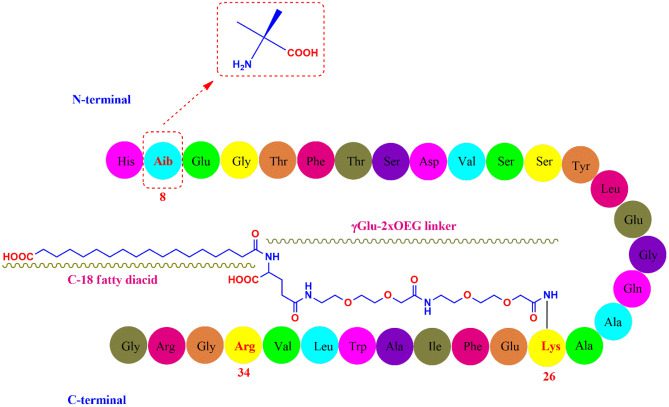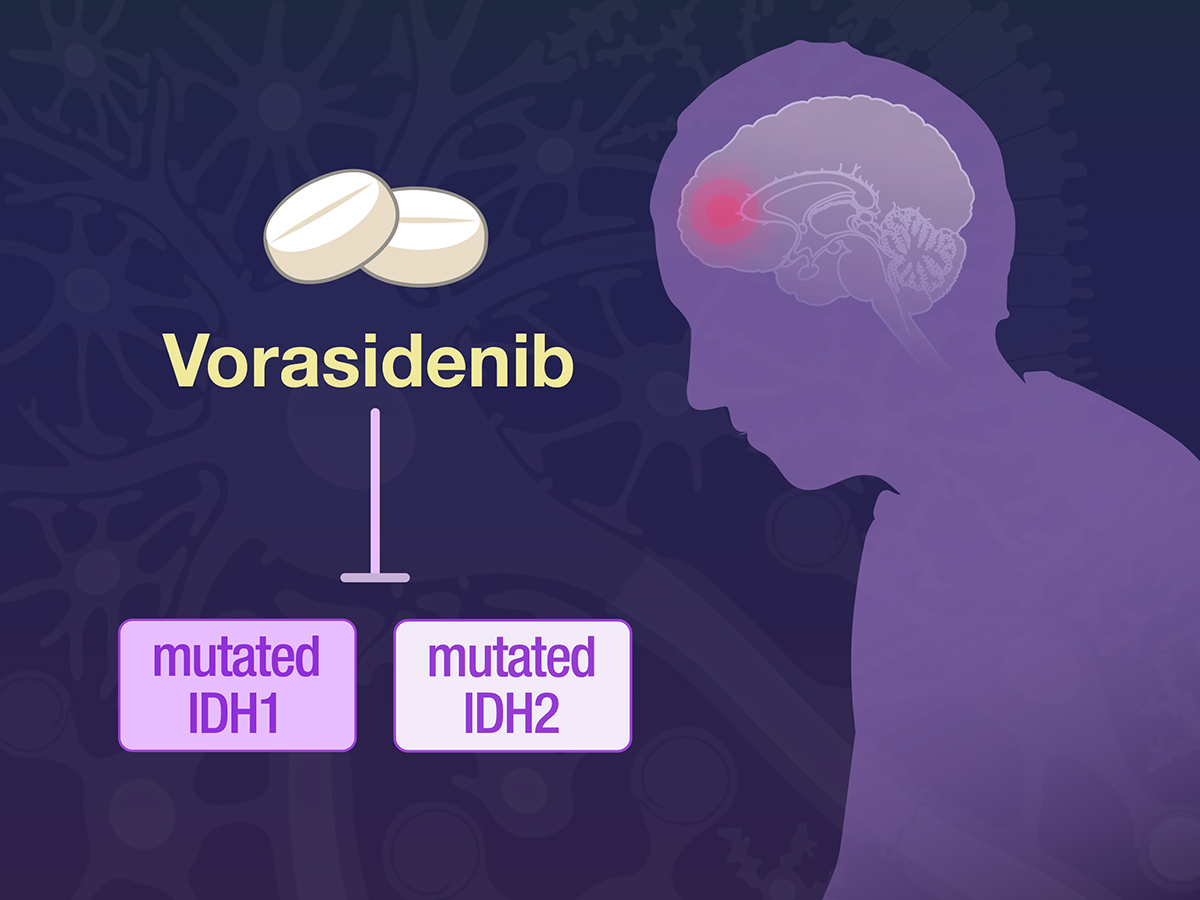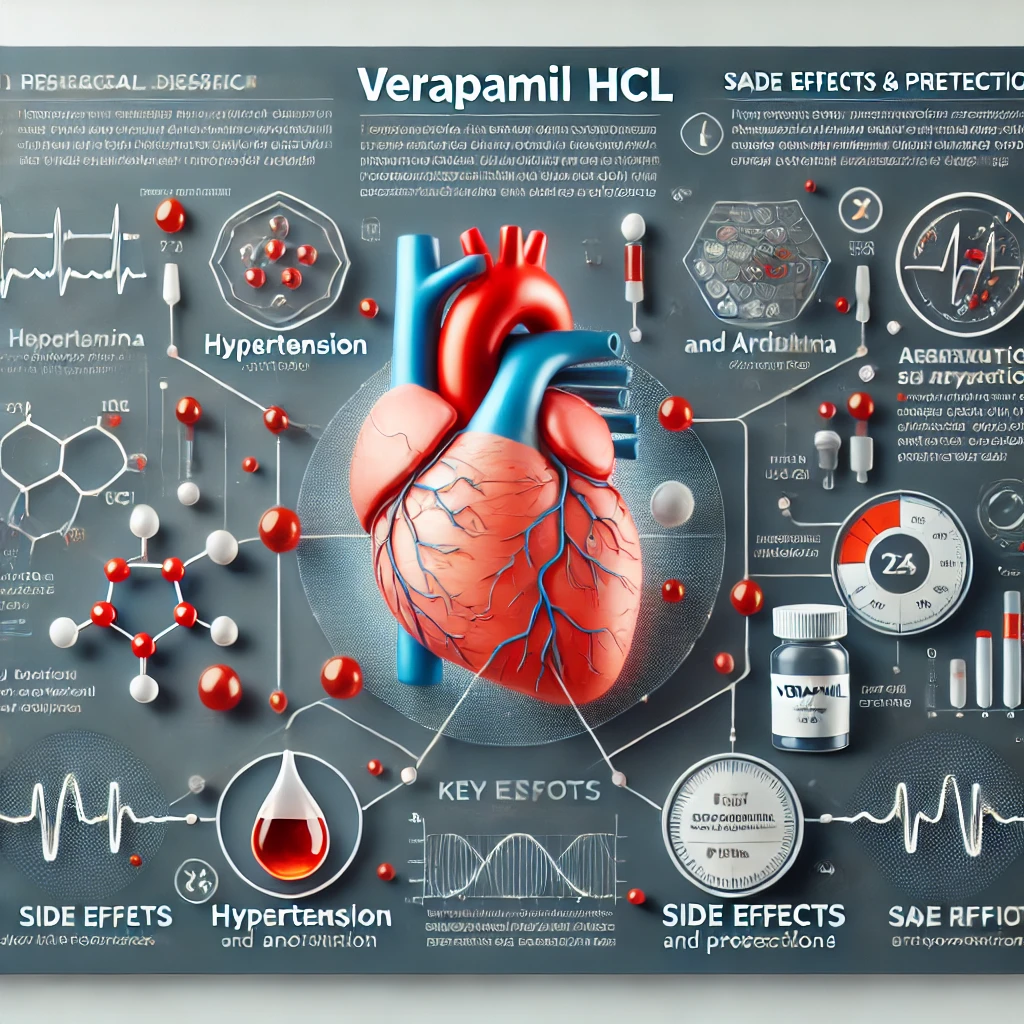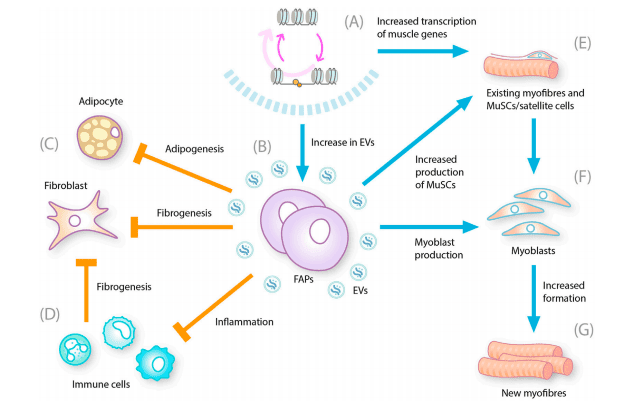Is Obesity a Disease? - Latest Results for Semaglutide
Abstract
Heart disease is the leading cause of death worldwide, and obesity is considered one of its major risk factors. The relationship between obesity and heart health is complex, and there is ongoing debate over whether obesity is a disease or simply a health condition. As a result, there is growing interest in developing drugs that aid weight loss and improve cardiovascular health. Recently, a study found that semaglutide, known as the “miracle drug for weight loss,” not only helps reduce weight, but also reduces the risk of major cardiovascular complications. This raises hope for potential cardiovascular benefits of other weight-loss drugs.
But is this the case? The relationship between obesity and heart health is complex, and there is an ongoing debate over whether obesity is a disease or just a medical condition. While some in the pharmaceutical industry believe obesity is a disease and that weight loss through drugs can make people healthier, others disagree. Some researchers and doctors have suggested that weight-loss drugs may affect heart health through other mechanisms besides weight loss.
Extra bonus of the “miracle pill for losing weight”
Semaglutide is a glucagon-like peptide-1 (GLP-1) receptor agonist that stimulates insulin production and inhibits glucagon secretion, thereby reducing appetite and food intake. Semaglutide was initially approved as a treatment for type 2 diabetes. In view of its significant effect on weight loss, the FDA approved it for the treatment of general obese patients in June 2021, and was approved by the EU for the treatment of obesity later in the same year, making it the first time that the US FDA has approved it since 2014. A new drug approved to control obesity or overweight in general.

Fig. 1 Structure of Semaglutide
Obese people are at increased risk of cardiovascular disease, but so far no approved weight management drug has been proven to effectively manage weight while reducing the risk of heart attack, stroke, or cardiovascular death. With this in mind, we evaluated semaglutide as an adjunct to the standard of care in the SELECT, randomized, double-blind, parallel-group, placebo-controlled trial in overweight or obese patients (BMI ≥ 27 ) in preventing major adverse cardiac events (MACE). MACE includes cardiovascular death, nonfatal myocardial infarction, or nonfatal stroke. The SELECT trial enrolled approximately 17,000 overweight or obese adults aged 45 or older with diagnosed cardiovascular disease (CVD) and no prior history of diabetes.
The trial results showed that patients treated with semaglutide had a 20% reduction in the risk of MACE compared with placebo, which was statistically significant and superior. In terms of safety, semaglutide demonstrated good safety and tolerability characteristics consistent with previous trials.
Notably, semaglutide has been approved by the FDA in the past to reduce the risk of MACE in adults with type 2 diabetes and known heart disease, based on results from the SUSTAIN-6 Phase 3 clinical trial. In the 2-year trial, patients receiving semaglutide had an estimated relative risk reduction of 26% for MACE compared with placebo (HR=0.74, 95% CI: 0.58-0.95, non-inferiority p< 0.001). These results suggest that semaglutide may reduce the risk of cardiovascular events and that its cardioprotective effects are not limited to patients with diabetes.
Although the SELECT trial has not released detailed weight loss data for the subjects, given the significant weight loss effects of semaglutide in previous studies, it is generally speculated that the mechanism by which it improves heart health may be related to weight loss.
Weight loss = heart health? not that simple
Obesity is widely recognized to have a variety of negative effects on the body, so weight loss may have a wide range of health benefits, including heart health benefits. But the truth is probably not that simple.
First, semaglutide mimics the effects of the GLP-1 hormone by targeting the GLP-1 receptor. When our blood sugar levels begin to rise after eating, GLP-1 stimulates the body’s production of insulin and reduces glucagon secretion to help control the body’s blood sugar levels – which is critical for the treatment and management of diabetes. In addition, this hormone can also inhibit gastric acid secretion, slow down gastrointestinal motility, increase satiety, and reduce appetite, thereby achieving the purpose of weight loss.
GLP-1 is mainly secreted by three tissues: intestinal L cells, pancreatic α cells, and the central nervous system. However, it is distributed throughout the body. In addition to weight loss, its physiological effects on other tissues are currently unknown. Therefore, it would be too hasty to simply attribute the cardiovascular protective effect of semaglutide to the additive effect of weight loss.
Understanding the underlying mechanisms of the drug’s positive effects on cardiovascular health is important for researchers working to develop new treatments for obesity, as well as for doctors helping patients choose the most appropriate treatment options. The new findings from the SELECT trial also provide a new perspective on the current discussion about the relationship between weight and health. It is understood that Novo Nordisk plans to publish the complete results of the SELECT trial later this year, which will further help reveal the specific mechanisms behind the heart benefits of semaglutide. Particularly regarding whether there is a link between weight loss and reduced cardiovascular risk.
However, some scholars point out that if there is a correlation between weight loss and cardiovascular benefits, it does not necessarily mean that weight loss directly leads to cardiovascular benefits. One possible explanation is that semaglutide is particularly effective at targeting GLP-1 receptors in some patients, leading to greater weight loss and improvements in cardiovascular health. It is worth noting that GLP-1 receptors are present in cardiac cells such as cardiomyocytes and pacemaker cells, and semaglutide may directly act on these receptors to exert its effects.
In addition, some research data suggests that GLP-1 drugs have anti-inflammatory effects, which may be another mechanism by which they improve heart health. This view has been supported by some studies. For example, a 2009 study found that among mice that experienced heart attacks, those who received GLP-1 treatment early had better survival rates, regardless of whether they lost weight.
Data from another trial showed that the GLP-1 drug albiglutide, developed by GSK, reduced cardiovascular risk by 22% in patients with diabetes, although the drug had no significant effect on weight or blood sugar.
It’s important for doctors to identify the specific reasons why these drugs improve heart health because it can help them determine which patients will get the most benefit from these drugs, which may be related to the specific cardiovascular disease they have.
In addition, a deeper understanding of the mechanisms by which weight-loss drugs affect heart health will be critical to guide the development of new obesity treatment strategies to ensure that these treatments deliver similar or superior cardiovascular health outcomes.
Looking to the future
Despite the promising results of the SELECT trial, researchers caution that further research is needed to fully unravel the mechanisms behind the cardiovascular health benefits of this class of drugs. Weight loss may indeed be a key factor, but there may also be other key pharmacological mechanisms that are independent of the effects of weight loss drugs on body weight.
Looking ahead, there are reasons to be optimistic about the future of weight-loss drugs that improve heart health. The success of the SELECT trial has spurred research into developing other new drugs that could help people lose weight and reduce their risk of cardiovascular disease.
Researchers are exploring the potential of combining different targets to target multiple pathways involved in obesity and heart disease. One example is Eli Lilly’s tripeptide, which targets both GLP-1 and GIP receptors. It was approved by the US FDA in May 2022 (trade name: Mounjaro) and is used to control diet Combined with exercise, it improves blood sugar control in adults with type 2 diabetes. The drug is currently in phase 3 clinical development for indications in obese or overweight patients with type 2 diabetes. Trials have shown that its weight loss effect may be greater than that of semaglutide.
In addition, Eli Lilly also launched retatrutide, a “three-in-one” drug that activates GLP-1, GIP, and glucagon receptors. In clinical trials, retatrutide had a shocking weight loss effect: subjects lost an average of 24.2% of their weight within 11 months, while approved drugs during the same period usually only achieved a 15-20% weight loss effect. However, although significant weight loss with multi-target drugs may imply cardiovascular benefits, further exploration is needed on whether activation of these additional receptors may counteract or affect the cardiovascular benefits of GLP-1 receptors.
The impact of weight loss drugs on cardiovascular health is a complex issue, and there is currently insufficient evidence to clarify their exact impact on cardiovascular health and the underlying mechanisms. Therefore, we should strengthen basic research in this field in the future. Different weight loss drug classes should be evaluated in trials specifically focusing on cardiovascular effects. For example, Eli Lilly and Company is conducting a clinical study called “Surmount-MMO” to evaluate the potential effects of tripeptide on the heart, which is expected to be completed in 2027.
If further research reveals other key mechanisms of action, this could lead doctors to change their strategies for treating obesity. Some professionals point out that when treating obesity, one should not just focus on weight loss and percentage loss. There may be other more critical factors to pay attention to. Finally, further research on obesity and heart health will also provide new insights into the debate over whether obesity is a disease.
Conclusion
Recent research has revealed the potential role of semaglutide in improving heart health. However, despite these positive results, we must recognize that weight loss is only one of many factors that can reduce the risk of cardiovascular disease. To gain a deeper understanding of the benefits of weight loss pills and how they work, researchers and doctors are working to explore the underlying mechanisms behind them.
The true effect of a weight-loss drug on heart health will depend on a combination of factors, including the effect of the drug itself and the patient’s physical response. Through continued investment in research and development, we expect to find innovative ways to combat the global obesity problem and the health risks it poses.
Finally, although obesity has many adverse effects on physical health, whether it is considered a disease or just a condition of the body is still a controversial topic. At the end of the day, healthy weight loss doesn’t just rely on weight loss pills but also involves metabolic health, nutritional balance, and consistent physical activity. Therefore, in daily life, we should pay attention to diet and exercise, and “shut your mouth and open your legs.”




